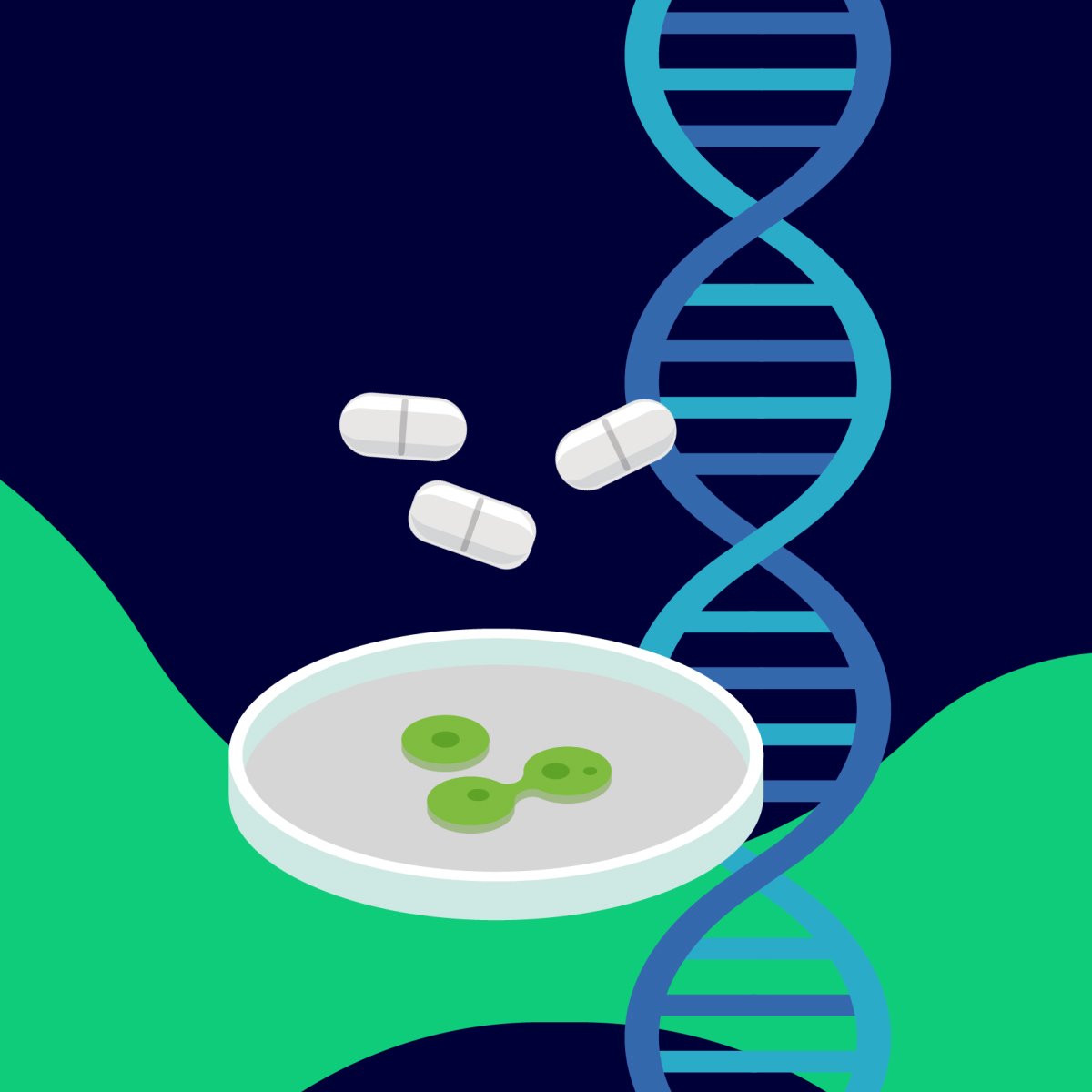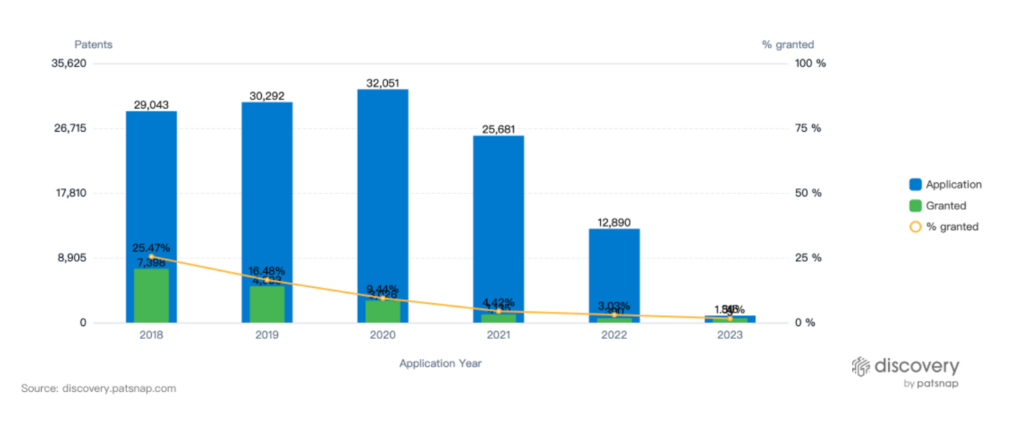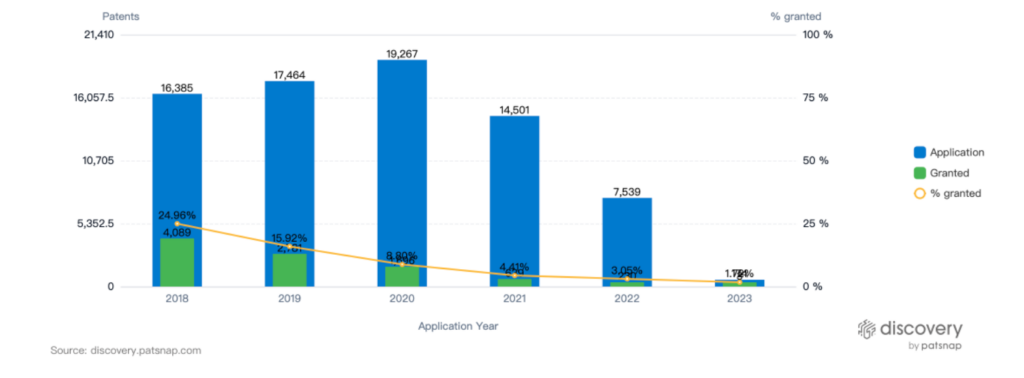
Biopharmaceuticals, also known as biologics, are a class of drugs that are produced using living cells and biological processes. Unlike traditional small molecule drugs, which are chemically synthesized, biopharmaceuticals are large, complex molecules that require specialized manufacturing processes.
In recent years, biopharmaceuticals have emerged as the next frontier in medicine, with the potential to treat a wide range of diseases.
In this article, we’ll explore the advancements in biopharmaceuticals and their potential benefits for patients.
The Promise of Biopharmaceuticals
Biopharmaceuticals have the potential to revolutionize the way we treat diseases. Because they are produced using living cells and biological processes, biopharmaceuticals can be tailored to specific disease targets, resulting in more effective and targeted therapies.
One of the key benefits of biopharmaceuticals is their potential to treat diseases that were previously untreatable. For example, biopharmaceuticals have been developed to treat rare genetic diseases that were previously incurable. In addition, biopharmaceuticals have been developed to treat cancer, autoimmune diseases, and other complex diseases.
According to a report by the Pharmaceutical Research and Manufacturers of America, biopharmaceuticals currently account for more than one-third of the drugs in development for rare diseases. These drugs have the potential to improve the lives of millions of patients who suffer from these often-debilitating diseases.
Advancements in Biopharmaceuticals
Advancements in biopharmaceuticals have enabled the development of new and innovative therapies. One of the key advancements is the use of monoclonal antibodies, which are antibodies that are designed to target specific disease targets. Monoclonal antibodies have been developed to treat a wide range of diseases, including cancer, autoimmune diseases, and infectious diseases.

According to a report by Grand View Research, the global monoclonal antibodies market is expected to reach $262.7 billion by 2025, driven by the growing demand for biopharmaceuticals and the increasing prevalence of chronic diseases.
Another important advancement is the use of gene therapy, which involves the delivery of genetic material to treat or prevent diseases. Gene therapy has the potential to cure genetic diseases by correcting or replacing defective genes.
According to a report by Zion Market Research, the global gene therapy market is expected to reach $6.4 billion by 2026, driven by the increasing prevalence of genetic diseases and advancements in gene editing technologies.

As the chart above illustrates, both the monoclonal antibody and gene therapy patent filing trends indicate that there is a very small grant rate as there are a high number of applications and few granted applications. This could imply that both technology areas are very crowded already, have high amounts of nuances in patenting areas, or have limited areas of novelty.
Challenges and Limitations of Biopharmaceuticals
Despite the promise of biopharmaceuticals, there are also challenges and limitations. One of the main challenges is the cost of biopharmaceuticals. Because they are complex molecules that require specialized manufacturing processes, biopharmaceuticals are often more expensive than traditional small molecule drugs.
According to a report by the Tufts Center for the Study of Drug Development, the average cost of developing a biopharmaceutical is estimated to be around $2.6 billion, compared to $1.4 billion for traditional small molecule drugs.
Another challenge is the potential for immunogenicity, which is the body’s immune response to a foreign substance. Because biopharmaceuticals are large, complex molecules, they can sometimes be recognized as foreign by the immune system, leading to an immune response that can reduce the effectiveness of the therapy.
Closing Thoughts
Biopharmaceuticals are the next frontier in medicine, with the potential to revolutionize the way we treat diseases. Advancements in monoclonal antibodies and gene therapy are enabling the development of new and innovative therapies. While there are challenges and limitations, the potential benefits of biopharmaceuticals for patients with a wide range of diseases are significant. As biopharmaceuticals continue to advance, they will provide new hope for patients who previously had no treatment options.
While the cost of biopharmaceuticals is a challenge, the potential benefits for patients are significant. The increasing prevalence of chronic diseases and rare diseases, along with advancements in biopharmaceuticals, suggest a bright future for this field. As biopharmaceuticals continue to revolutionize the way we treat diseases, they will undoubtedly improve the lives of millions of patients around the world.
